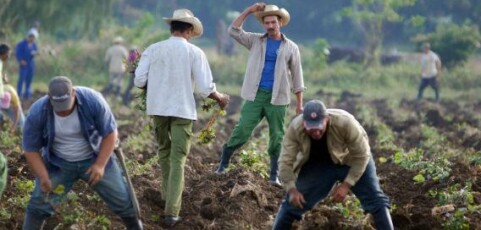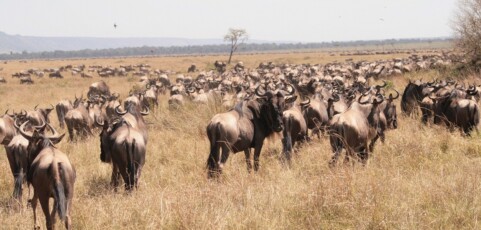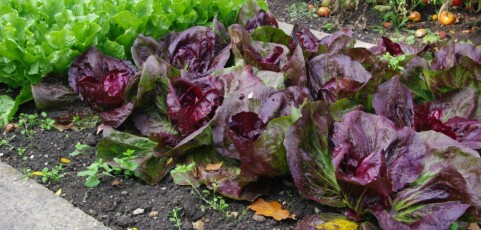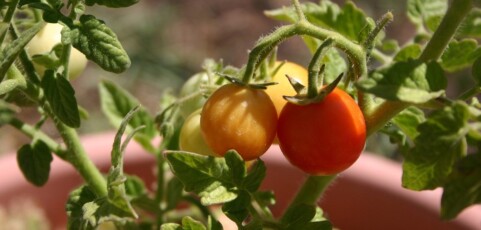Environment and Development Series No. 14.
This paper looks at how ecological agriculture, by building healthy soils, cultivating biological diversity and improving water harvesting and management, can strengthen farmers’ capacity to adapt to climate change. Accordingly, the authors call for a reorientation of policy, funding and research priorities from the dominant industrial agriculture model to ecological agriculture.
The Campesino-to-Campesino agroecology movement of ANAP in Cuba: social process methodology in the construction of sustainable peasant agriculture and food sovereignty
The Cuban experience demonstrates that we can feed a population well with a small- or medium-sized farm model based on appropriate ecological technology, and in doing so we can become more self-reliant in food production.
What Cuba can teach us about food and climate change
After the Cold War, Cuba faced many of the agricultural challenges that the rest of the world is now anticipating.With no fertilizer, pesticide, or herbicide, and no means to import substitute chemicals, its community landed on “agro-ecology.”
Without women there is no food sovereignty
This article analyzes the impact of agro-industrial policies on women and the key role that peasant women in the Global North and South play in the production and distribution of food. It analyzes how the dominant agricultural model can incorporate a feminist perspective and how the social movements that work towards food sovereignty can incorporate a feminist perspective.
Using Small-Scale Adaptation Actions to Address the Food Crisis in the Horn of Africa: Going beyond Food Aid and Cash Transfers
Read MoreFarming models to sustain the world
Read MoreA conversation with Miguel Altieri
Berkeley’s Miguel Altieri, an associate professor of insect biology in the College of Natural Resources, has a world-wide reputation for his alternative solution: “agroecology,” or sustainable agriculture, which respects the knowledge of indigenous peoples, protects the environment, and promotes social equity.








